#benjamin martin
Photo
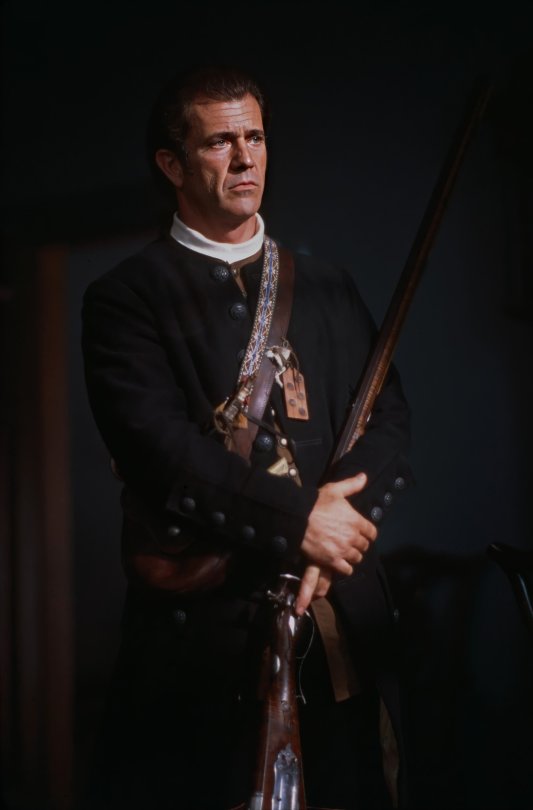
The Patriot (2000)
#2000#film#movie#The Patriot#Mel Gibson#Benjamin Martin#Heath Ledger#Gabriel Martin#Colonial Militia#Continental Army#British Army#American Revolutionary War#Charleville 1766#red coat
190 notes
·
View notes
Text
Male Homosociality and War Crimes in The Patriot
Of all the problems The Patriot as a story creates for itself, the most interesting for me has always been this: how do you craft a villain when the hero is also a war criminal? It appears to me the filmmakers had a simple answer to this question staring them right in their faces, so why does a story that leans so heavily on the rumor that Banastre Tarleton habitually ordered the execution of surrendering Continental soldiers do absolutely nothing with the rumor that he habitually raped and allowed his men to rape colonial women? Surely, that would have helped to make Colonel Tavington as despicable as we are clearly meant to find him, particularly since the Patriot soldiers do not engage in rape, at least not literally. Instead, both Benjamin Martin and Tavington are tried by juries of their peers with Martin being nearly universally adored and Tavington being as nearly universally despised. This approach creates two problems. First, it means the Patriots, who something tells me are the people the audience is meant to sympathize with, are okay with some very fucked up actions both past and present. It also makes it hard to justify the Patriots' hatred for the British as whole when the audience sees how little support Tavington has.
Somewhat ironically given the myths about Tarleton, the only characters to directly mention rape in the film are Patriots, a father and son. As the Martin family anticipates survivors of the battle being in near proximity to them, Nathan attempts to titillates his siblings with this dire prediction: "They'll probably kill us men and do lord knows what to you women." In addition to shock among some in the audience, this elicits the question that always arises when a child says something incredibly fucked up: where did you hear that? Judging from her disgusted reaction, I do not think it was his caregiver Abigale. We get an answer some months later when Benjamin describes the events leading up to the Fort Wilderness massacre. "[The French and Cherokess] had killed all the settlers. The men . . . with the women and some of the children they had . . . we buried them." In the moment, Martin's hesitancy to name the particular violence these settlers suffered seems to speak to respect for them, but if so, he failed to convey that to either the son who makes the prediction earlier on or the even younger boy who giggles at it. This is the first time violence is referenced as a means of male bonding; it is certainly not the last.
The conversation between Martin and his oldest son referenced above is bizarre for a couple of reasons. Not only does the narrative twist Martin's confession to war crimes against the French and Cherokees in reprisal into evidence of his morality (he feels so bad about it!), but Gabriel is thoroughly nonplussed by this confession. He shifts the topic to his murdered brother and his desire to avenge him, but not at the expense of "the cause." Why is Gabriel so eager to take his father's supposed contrition at face value when he has personally seen him both hack a man's back to shreds with a tomahawk and participate in the murder of surrendering British soldiers a hell of a lot more recently than the French and Indian War? By the end of his life, Gabriel does more than tolerate his father's violent past. He approaches Tavington's prone form, believing him to be mortally wounded, to repeat it.
Bonding with his son through discussion of war crimes is not an anomaly among Martin's relationships. When he and Major Villeneuve recruit in the tavern, two of the men who sign up are acquaintances of Martin's from the previous war. One of them inquires about bounties and Martin give the intriguing response of "No scalp bounty this time, Rollins, but I'll pay for the gear of any redcoat you kill." How Rollins is going to prove the gear belonged to redcoats he killed who were not wounded or surrendering after Martin issues his orders against such conduct is a mystery the movie never clears up . When the other acquaintance, Billings, asks Martin if he is one of "that sort--" the sort Gabriel believes should not serve in the militia because, well, they're war criminals--Martin jokingly tells him, "You're the sort that gives that sort a bad name." Just boys being boys!
My favorite use of war crimes to further male bonding is the bizarre relationship between Martin and his second in command, Major Villeneuve. Initially the two grate on each other: Martin tortured French soldiers to death, while Villeneuve is French. The two offenses are presented as carrying basically equal weight. Ultimately, though, Villeneuve's objection to Martin is less that he committed war crimes but that he forbids Villeneuve from doing the same. But over time, they come to see each other in a different light. When Martin greets Villeneuve after the militia's ill-fated furlough, Villeneuve responds with a tongue in cheek, "Where else can I kill a few redcoats? Perhaps a few wounded ones when you're not looking." That Martin laughs nervously at this joke should be surprising, but it really isn't. While we haven't seen any wounded or surrendering men killed since Martin's order, nor have we seen any in militia custody. Has Villeneuve had a change of heart, or is Martin simply skilled in looking the other way? Later, Martin asks Villeneuve what color his slain daughters' eyes were as they march into the final battle, psyching him up to go and do their favorite activity together: vengeance! This shared priority, the only thing they have in common, outweighs their shortcomings in each other's eyes. Liberté, fraternité, and all that jazz.
Most of Martin's screentime, and he is in almost every scene, is spent developing his homosocial bonds, but even British men seem to regard Tavington with varying degrees of contempt, disgust, and fear. This lack of fellowship even characterizes his scenes with his own Green Dragoons. There are only two opportunities for dragoon comradery depicted in the movie: one where Tavington interrupts his men at dinner and one where he is grooming himself in the creek while they eat around their campfires. Tavington being left out of eating and drinking in particular becomes a recurring theme. His first meeting with Cornwallis, in the extended cut, happens after the Battle of Camden when the British officers are celebrating their victory. Tavington arrives late, apparently hungry from the way he immediately reaches for the food on the table, withdrawing his hand when Cornwallis draws closer to scold him. As he's dressing down Tavington, Cornwallis takes food from the same table and feeds it to his Great Danes. The exchange ends with Cornwallis proposing a toast, turning his back on Tavington and his second, who do not have glasses. The scene establishes that his role in winning a battle in no way makes Tavington's treatment of the enemy or civilians less odious, and his fellow officers are so united in this that no one so much as blinks when their general is incredibly rude to him. Over the course of the movie, they all maintain this conviction, except for one.
Producer Dean Devlin's describes Tavington as "seduc[ing]" Cornwallis into allowing him his brutal tactics, and this seems especially apt given the way their relationship develops on screen. As they grow closer tactically, they also grow closer physically. In their scene after Cornwallis ices Tavington out of his tent, Cornwallis remains seated at his desk while demanding that Tavington, who is standing on the opposite side, cease his brutal methods. In the scene following Cornwallis's humiliation at Martin's hands during the prisoner exchange, he is again seated at a table, eating dinner, while Tavington stands on the other side. From this point forward, though, there is a marked shift in the two men's positions. Cornwallis motions Tavington forward, and Tavingon approaches, putting as much space between himself and Cornwallis as we see between the general and the servant waiting on him as Cornwallis says, "I want you to capture [Martin]." If he intends to remind Tavington of his own servile position, the message does not register. Tavington takes a little stroll, peeks at Cornwallis's map, and helps himself to a glass of his claret, a stand-in for the glass he was denied at their first meeting. He assures Cornwallis, "I alone will assume the full mantle of responsibility, rendering you blameless" for his future crimes in pursuit of Martin. In light of Devlin's description of this scene, it does sound a bit like, Don't worry, babe, no one is going to know about this but you and me.
It is a ridiculous claim. When the Green Dragoons go on a veritable murder and arson spree after months of abstinence, it does not take a genius to realize that maybe the general of the whole fucking British army might have something to do with that. Nonetheless, by the end of this scene Cornwallis and Tavington are standing side by side for the first time in the movie. Their last scene is even more elicit. Cornwallis walks in on Tavington having his wound dressed to warn him against an early charge, the very same thing he scolds him for in their first scene, but this time Tavington is only in his shirt and his hair is loose and . . . it's a little on the nose, to be honest. And they're all alone. As powerful as Cornwallis is, he is also the only person Tavington ever convinces to condone his actions, and he can only do so by offering assurances he could not possibly grant. What does not change is the conviction of everyone in the British Army, Tavington included, that they will live and be remembered in infamy until the end of time if they do Bad Things to the Patriots. Meanwhile, the Patriots are bonding with each other almost exclusively through planning and doing Bad Things to them.
There are double-standards, and then there's this bullshit. Martin commits a dizzying amount of fuckery ranging from sending the Cherokees pieces of their fighters in bags to terrorize them into compliance to ordering his young sons to kill soldiers to apparently talking about rape in front of those sons in a way that left them thinking it is something to laugh about, and he is seen as a hero and a loving father by everyone around him. Tavington walks into a tent full of his fellow officers after a battle he helped win, and they all look at him like "Who invited Murder Molly?" Martin's men are devoted to him not in spite of his past war crimes but because of them, and the movie's insistence that he has changed his ways is, in the most generous terms, feeble. The thinly veiled homoeroticism of Tavingtion and Cornwallis's relationship only serves to underscore how marginal their position that war crimes can be justified under the right circumstances is among the British. Among the Patriots, that position appears to be standard.
Representing Tarleton's dragoons as the rapists some people of the time believed they were would obviously not have been great from a historical perspective, but it would be a drop in the ocean of inaccuracies the movie is adrift in. And it would have at least made the redcoats as bad as the characters the audience is meant to support! Both sides ultimately do terrible things, but they are framed by the narrative very differently in ways that inadvertently present the British in a favorable light. While the Patriots treat the vilest of war's excesses with understanding and sometimes even levity, the British have a horror of the idea that war exceeds the limits of the battlefield that is hard to fathom in professional soldiers. In the homosocial world of The Patriot, the ultimate measure of virtue lies not in actions but in the approval of other men.
#the patriot#jason isaacs#william tavington#banastre tarleton#benjamin martin#mel gibson#charles cornwallis#tom wilkinson#homosociality#seduction#if there was one more table#cornwallis was going to bend tavington over it
23 notes
·
View notes
Text


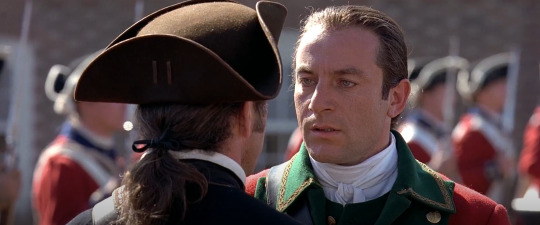
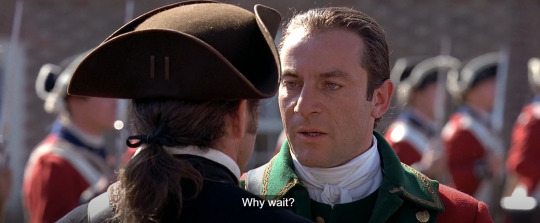

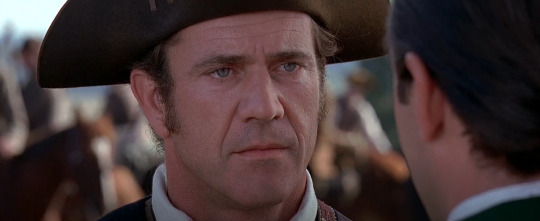
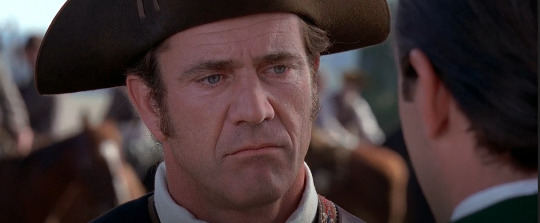

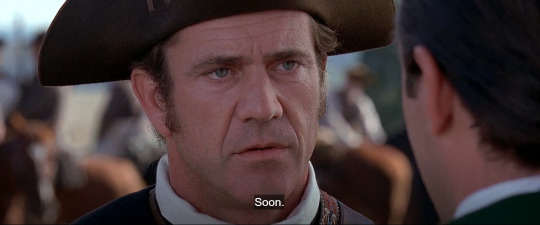

does anyone else just watch this and
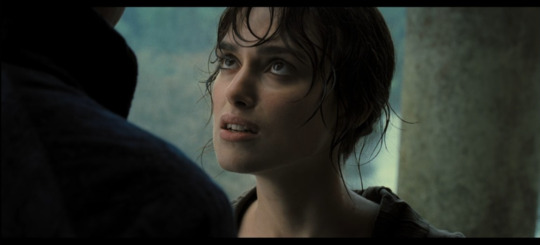
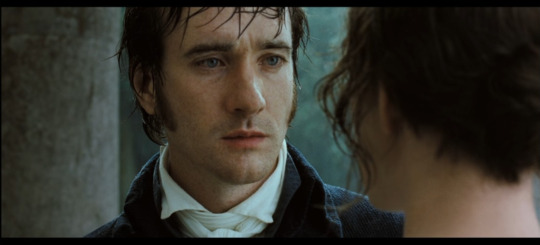


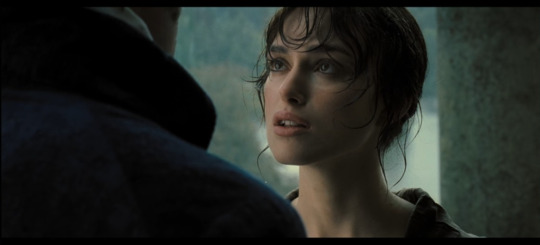
16 notes
·
View notes
Text

🦋365 Days / 365 Characters🦋
[273/365] Characters 》 Benjamin Martin
"I have long feared that my sins would return to visit me, and the cost is more than I can bare."
💙💙💙
9 notes
·
View notes
Text

Sometimes I think of them
4 notes
·
View notes
Text
Why can’t I find any Benjamin Martin from The Patriot x reader fics? Should I write some?
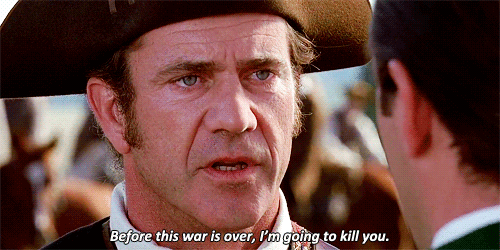
#Benjamin Martin#the patriot#Benjamin Martin x reader#Benjamin Martin x you#also there are hardly any gifs either
4 notes
·
View notes
Photo

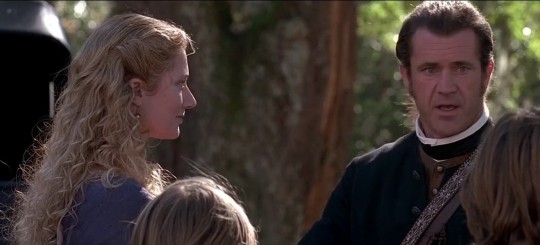

Characters: Benjamin Martin / Ghost and Charlotte Putnam Selton Martin
Media: The Patriot (2000)
Played by: Mel Gibson and Joely Richardson
Setting: 1770s, Charleston
*~*~*~*~*~*~*~*~*~*~
Benjamin Martin lives a quiet life as a farmer and widower with his seven rambunctious children (Gabriel, Thomas, Samuel, Margaret, Nathan, William, and Susan), trying to leave behind his reputation as a fierce warrior in the French and Indian War.
Charlotte Selton is the widowed sister of Benjamin’s deceased wife, and while she has always cared for Benjamin and his children deeply, she develops new feelings for Benjamin in seeing how he cares for his family.
When the American colonies decide to fight for their freedom from England, Benjamin initially refuses to fight, choosing to stay and protect his family. However, after Gabriel joins the army and Thomas is murdered by a cruel English colonel, Benjamin leaps headfirst into the war, leading the South Carolina militia and leaving his children in Charlotte’s care. However, circumstances will once again place Benjamin and Charlotte together, and their long-buried feelings for one another will have one more chance to resurface.
#benjamin x charlotte#charlotte x benjamin#benjamin martin#charlotte selton#charlotte putnam selton martin#the patriot#mel gibson#joely richardson#colonial america#revolutionary war#south carolina#epic#drama#adventure#family#friends to lovers#married couple#parents#fugitives#single parent#farmer#soldier#spy#secret identity#wartime#happy ending
3 notes
·
View notes
Text
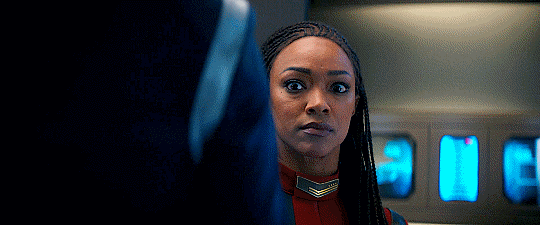
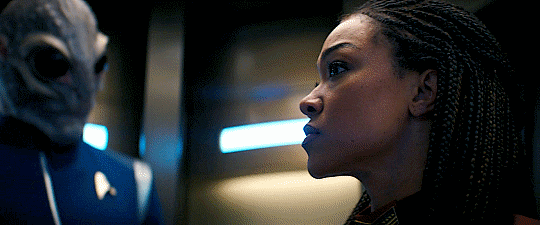
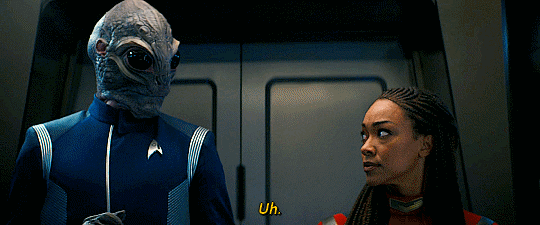
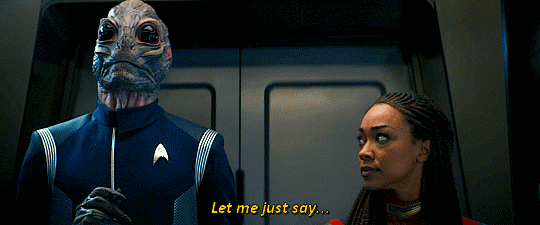
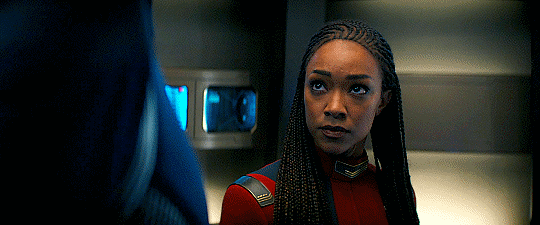


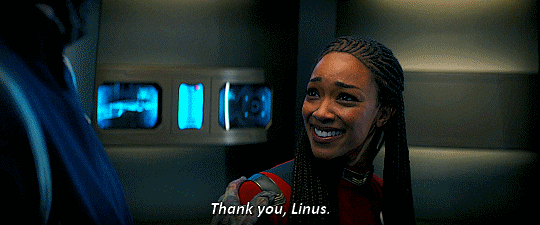
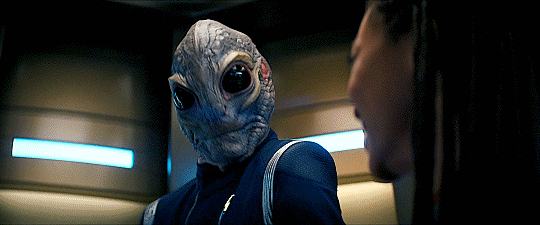
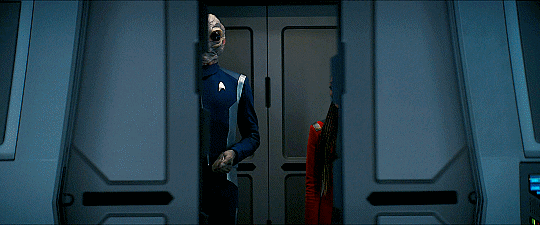
STAR TREK: DISCOVERY - S5E4 Face the Strange
#trekedit#star trek#star trek discovery#michael burnham#linus#sonequa martin green#david benjamin tomlinson#star trek*#disco*#burnham*#linus*#disco 5x04#my gifs
264 notes
·
View notes
Text
©️ 爱秋裤的猫 via weibo
They are not serious 😭😭😭
164 notes
·
View notes
Text


a sweet moment from yesterday's training :)
#leo harem truthers the evidence is OUT THERE and it’s REAL !!!#this lil group makes me unwell they are all so ADORABLE with each other#leandro trossard#martin ødegaard#martin odegaard#kai havertz#benjamin white#ben white#arsenal fc#samgifs
88 notes
·
View notes
Text
(some of) the arsenal squad as animals!!
courtesy of me and @nellilvr 🫶





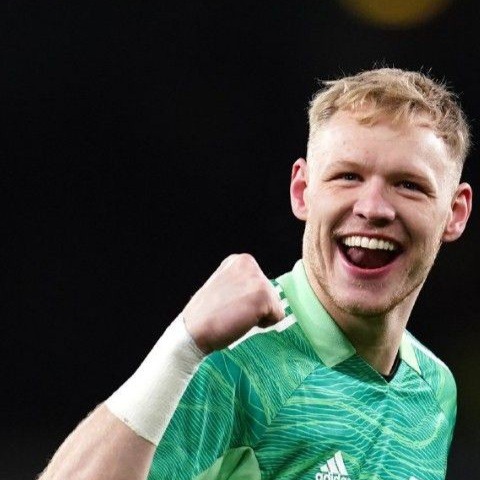
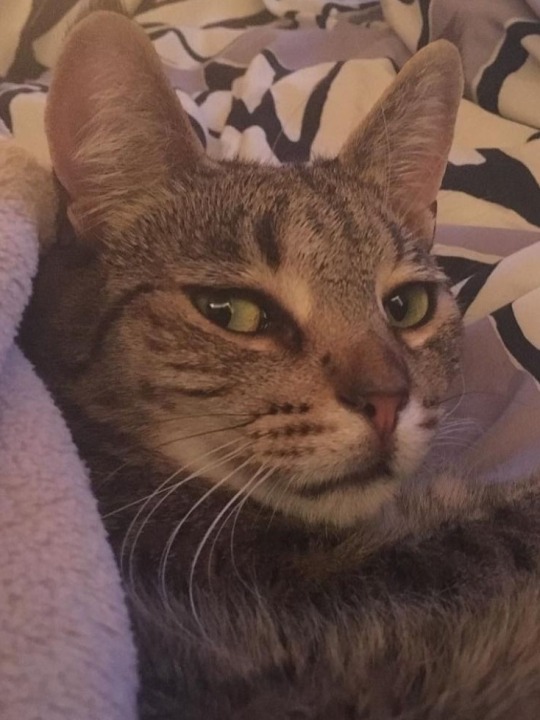



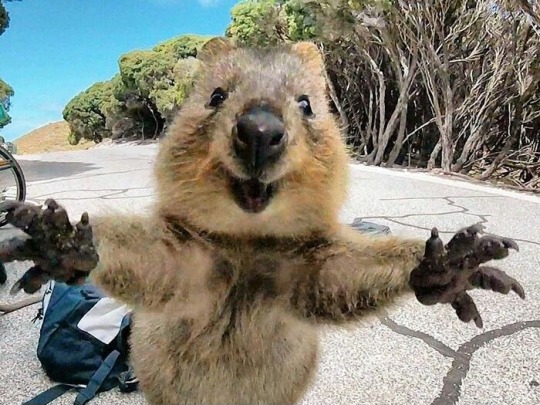




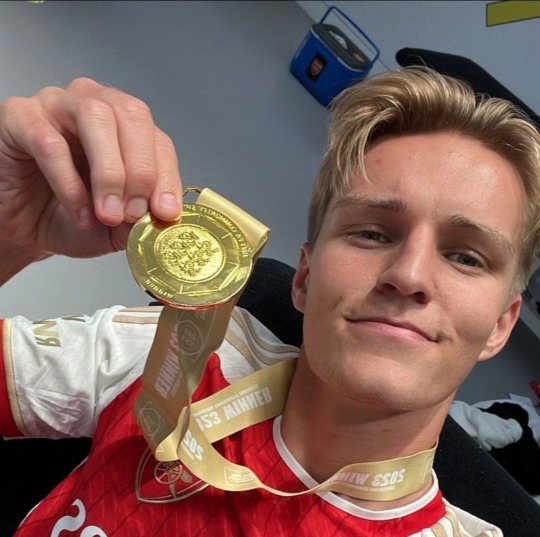

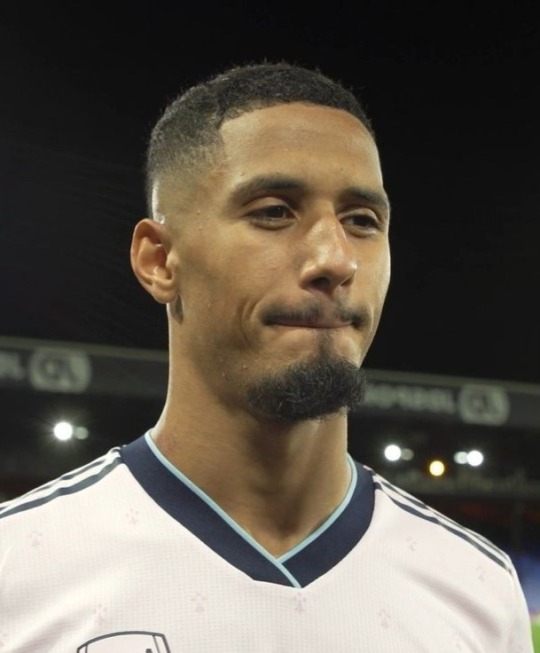
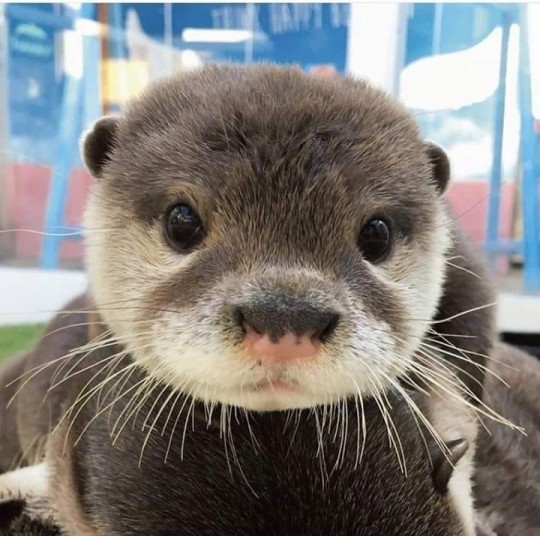




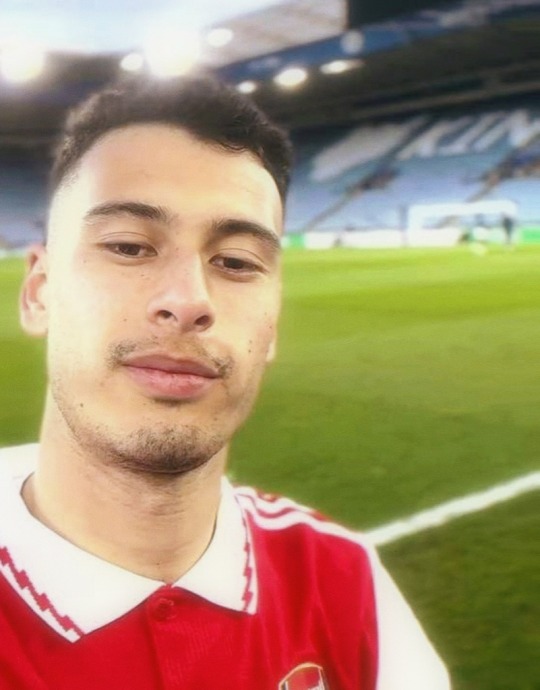

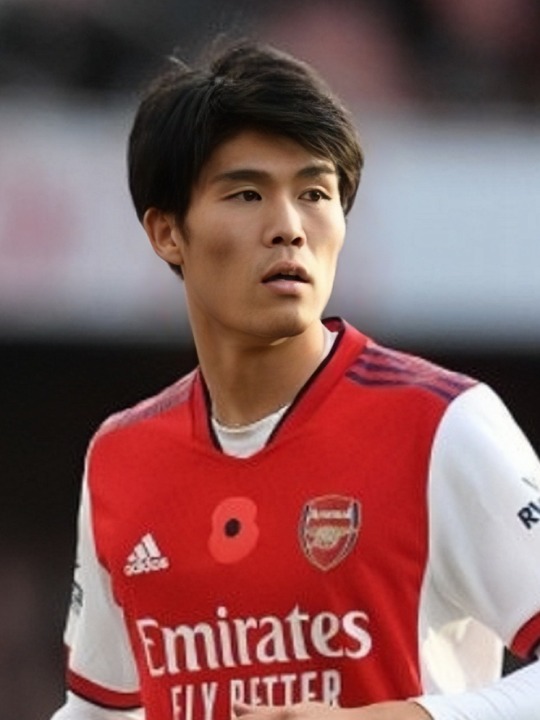




if you have any ideas for a part 2, send them over!! this was hard :,)
#sigh now i have to tag everyone#arsenal#kieran tierney#kt#leandro trossard#aaron ramsdale#benny blanco#benjamin white#kai havertz#bukayo saka#emile smith rowe#esr#martin ødegaard#martin 🫶🫶#william saliba#jakub kiwior#declan rice#gabriel martinelli#takehiro tomiyasu#jorginho#gabriel jesus#not comprimising on nelli btw#or leo#or jorgi#kiwi 🫶🫶
256 notes
·
View notes
Text
I think what really makes The Patriot such a great movie for Jason Isaacs in spite of being such a shitty movie for just about everyone else involved just comes down to laziness in the writing. Robert Rodat wrote a protagonist who is allegedly, somehow, a badass Rambo-style war hero and haunted by his past AND a good father, and the filmmakers planned from the beginning to rely on Mel Gibson's charisma to sell him. Roland Emmerich admits they never really considered anyone else for the role. Meanwhile, Tavington on paper is a cardboard cutout Evil English Snob. The original plan was to cast Jude Law, a solid Evil English Snob choice, but when he took too long to officially accept, they offered the part to an actor with little experience in American film who had not played a major antagonist before. And they let him implement some of his own ideas because his character wasn't the one they really cared about.
And he stole their movie!
I would argue that the main reason for this, the reason all the others stem from, is Issacs' idea for Tavington's backstory. Not only does it explain why he is in the Army and so desperate for a British victory, but also, in part, why he has such particular beef with a father.
The backstory itself is certainly more tragic than Martin's. For all the movie's criticism of "gentlemen," growing up in the expectation of a certain kind of life and having that torn away through someone else's irresponsibility would traumatize anyone. While the movie tells us nothing about Tavington's age when his father died or what happened to him in the immediate aftermath, it is abundantly clear that he has not gotten over it. Martin has not gotten over Fort Wilderness, but by every other account we hear it was 1, Martin's accomplishment and 2, an absolute Roman triumph from the British Colonial perspective. It did nothing to hurt Martin's fortune or prospects, quite the opposite. The only drawback for Martin is that when you commit war crimes, it has an unfortunate way of making you feel like you might be a war criminal. Annoying that.
That Tavington has a saber to grind with fathers is also far more consistent than Martin's approach to fathering, as we see in Tavington's first scene. He points his pistol at Martin's children to get the rise out of him that pointing it at him failed to stir. He never speaks to Gabriel or even looks at him upon discovering the dispatches he carried, but when Gabriel calls Martin "father," suddenly Tavington is invested: "Oh, I see. He's your son. Well, perhaps you should have taught him something of loyalty." Every problem Tavington sees in this scene of performed neutrality he lays at Martin's door, even Gabriel's service in the Continental Army. Could it be projection? If there is one outcome that is not Martin's fault, it is Gabriel joining up against his explicit wishes. Meanwhile, Martin's concern for Gabriel shifts from his endangering five of his remaining children's lives to save him to paying so little attention to him immediately after his new wife's murder that he is able to ride for revenge with no inconsequential number of Martin's men behind him. And he is at least as shocked by Gabriel's death as he was by Thomas's.
The first exchange between Tavington and Martin is mostly unchanged from the script to the theatrical release, but the two following it are dramatically different thanks to Isaacs. He argued successfully that not only would Tavington not be afraid of Martin after the prisoner exchange but that he would do well in the final fight between them (a fight that does not exist in the original screenplay). That fight in particular creates problems for the filmmakers' vision of Martin. In the unaltered first scene, Tavington has all of the power, sitting on his horse while Martin is on foot. In the second, Tavington draws his sword to kill Martin while he is unarmed. Both of these are classic dastardly villain moves. In the last exchange, though, it is Martin who has the advantage of having wounded Tavington twice before they get in sword's reach of each other, and Tavington still kicks his ass. On Tavington's side, this is not representative of a one-dimensional villain but of a man who has clawed his way to being a colonel in the British Army after losing everything with his father's death. The only reason Tavington does not kill Martin, either after the punch Martin does not take like a champ or after he has literally beaten Martin to his knees, is that he is still seeking a connection with a father.
The problem with the changes Jason Isaacs brought about is that they make Tavington a badass fighter with a sad backstory, which also happen to be the only aspects of Martin that get any real development. His onscreen violence evokes Fort Wilderness from first to last, but the third aspect of Martin's character, that he is a good father, is told rather than shown. Had changes been made to Martin that corresponded to Isaacs' for Tavington, then he could have had a stronger ending, perhaps saving Gabriel as he failed to save Thomas. But, no. Instead he just gets out-badassed in his own movie and then handed a giftwrapped victory anyway.
#the patriot#jason isaacs#william tavington#benjamin martin#when your villain is better written than your hero#it's time for a new career
21 notes
·
View notes
Text
QUARTER FINALISTS!




#david raya#rhe man that you ARE MY BOY#beautiful#arsenal#mikel arteta#martin odegaard#bukayo saka#gabriel jesus#eddie nketiah#benjamin white m#declan rice#william saliba#not tagging him#gabriel magalhaes#kai havertz
119 notes
·
View notes
Text

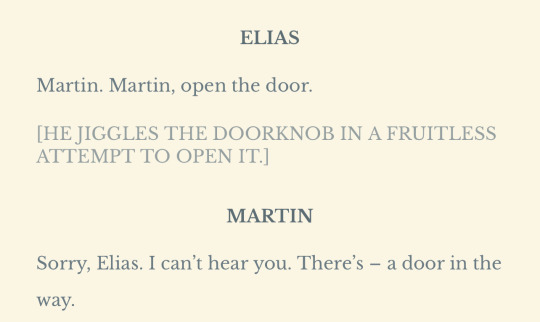


sitting in my apartment alone wailing and running around
#MARTIN IS SOOOO CUTE GES SOOOOOO#i love the tiny little bit#where he’s talking about uhh#benjamin hatendi and says ‘weren’t fast enough with the key!’#dunno why that’s so cute but it is…#anyway. i love podcast men#tma#magpod#the magnus archives#martin blackwood#elias bouchard#mag 118
196 notes
·
View notes
Text
Live coverage of the 29th of February 2024 is now closed.
Here is a recap of today's major events.

It is 12am in Ireland now so I have to go to bed.
I'll be back to resume live updates in the evening.
For continuous updates while I'm gone, click the link below:
#free gaza#free palestine#gaza strip#irish solidarity with palestine#palestine#gaza#news on gaza#al jazeera#boycott israel#israel#The Flour Massacre#Martin Griffiths#Beit Hanoun#West Bank#West Bank Palestinians#benjamin netanyahu#Recap#Summary#Updated news#Current events#Latest news#Goodnight
90 notes
·
View notes
Note
Pack, who would win in an all out nerf war?

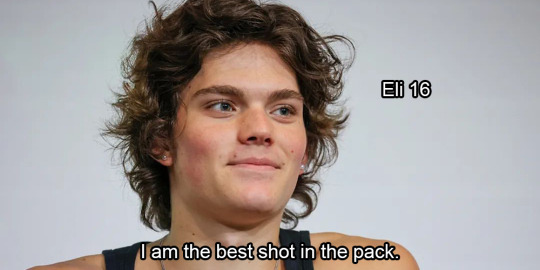
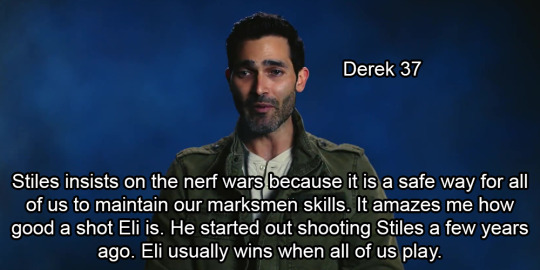

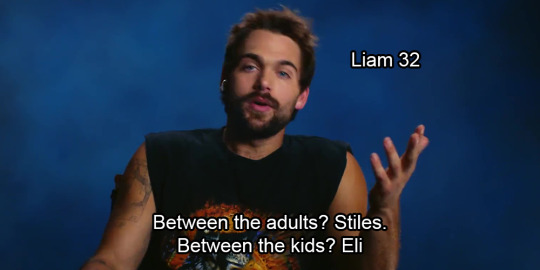
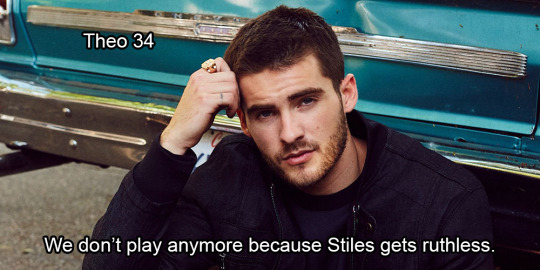
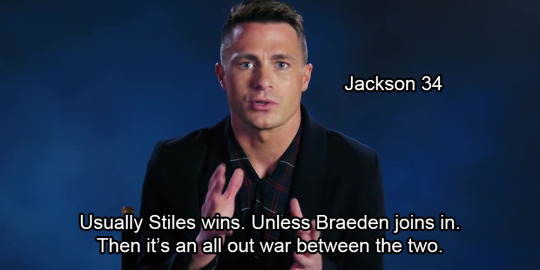
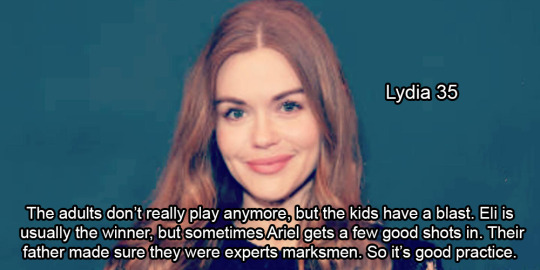
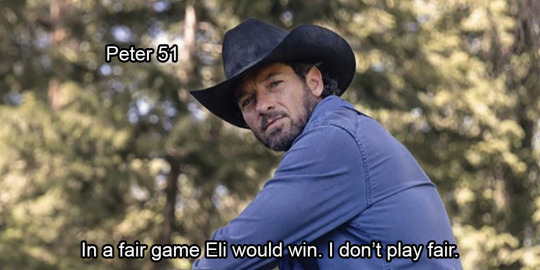
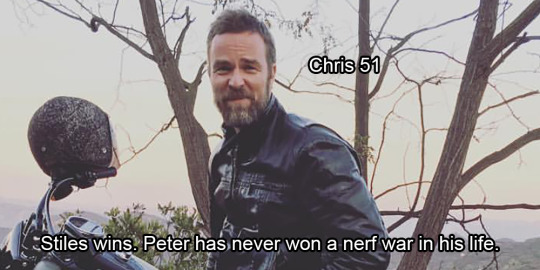


(I do not speak for Teen Wolf or Paramount+. This is for fun.)
#teen wolf#wolf pack answers#hikari zhang#amy lin workman#eli stilinski hale#eli hale#vince mattis#derek hale#tyler hoechlin#mieczysław stiles stilinski#stiles stilinski#dylan obrien#dylan o'brien#liam dunbar#dylan sprayberry#theo raeken#cody christian#jackson whittmore#colton haynes#lydia martin#peter hale#ian bohen#chris argent#jr bourne#scott mccall#tyler posey#alec teen wolf#benjamin wadsworth
41 notes
·
View notes